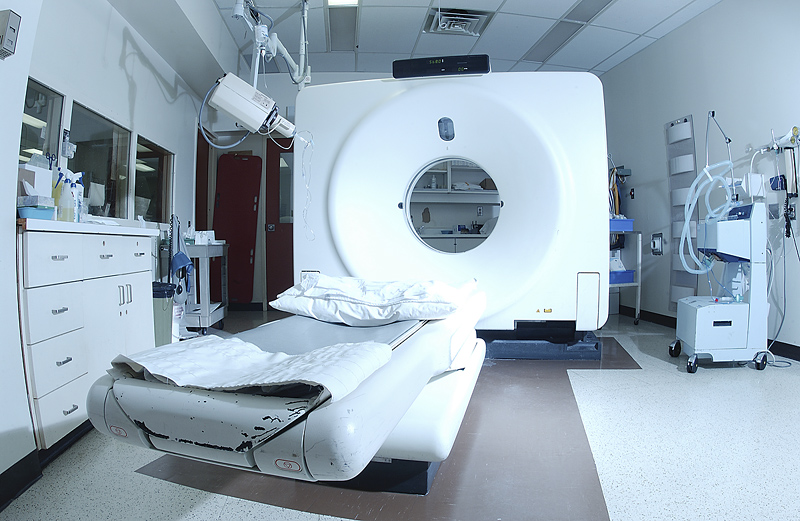THURSDAY, Nov. 3, 2016 (HealthDay News) — The farther from the Equator someone with multiple sclerosis lives, the earlier symptoms begin, a new study finds.
MS is a progressive disease affecting the central nervous system. Although symptoms vary, they often include fatigue, dizziness, weakness, numbness or tingling, trouble walking and vision problems.
The cause of MS is thought to be an interplay of genetic and environmental factors, including latitude and/or exposure to sunlight and vitamin D levels. But it wasn’t known if latitude — the distance north or south of the Equator — affected the age when symptoms start.
To examine the issue, Dr. Bruce Taylor, a professor at Menzies Institute for Medical Research at the University of Tasmania, and colleagues analyzed data from more than 22,000 MS patients in Australia and 20 countries in Europe, North and South America and Asia.
According to the new report, the average age at which MS symptoms first appeared was about 32. But each 10-degree increase in latitude was associated with a 10-month earlier start of symptoms, the researchers reported.
Symptoms among patients in the most northerly or most southerly regions began almost two years earlier than among those in regions closer to the Equator, the findings showed.
The researchers also found that symptoms among patients with the least exposure to ultraviolet B sunlight during the winter — think Denmark — began nearly two years earlier than among those who had the highest UVB exposure in winter — think Mexico.
The results were published online Nov. 3 in the Journal of Neurology, Neurosurgery & Psychiatry.
Since this was an observational study, no firm conclusions can be drawn about cause and effect, the study authors noted. They added that they did not have information on patients’ diets, use of dietary supplements, and genetic factors — all of which could have affected the results.
However, the findings “suggest that environmental factors which act at the population level may significantly influence disease severity characteristics in genetically susceptible populations,” Taylor’s team said in a journal news release.
More information
The National Multiple Sclerosis Society has more on MS.
Copyright © 2026 HealthDay. All rights reserved.

